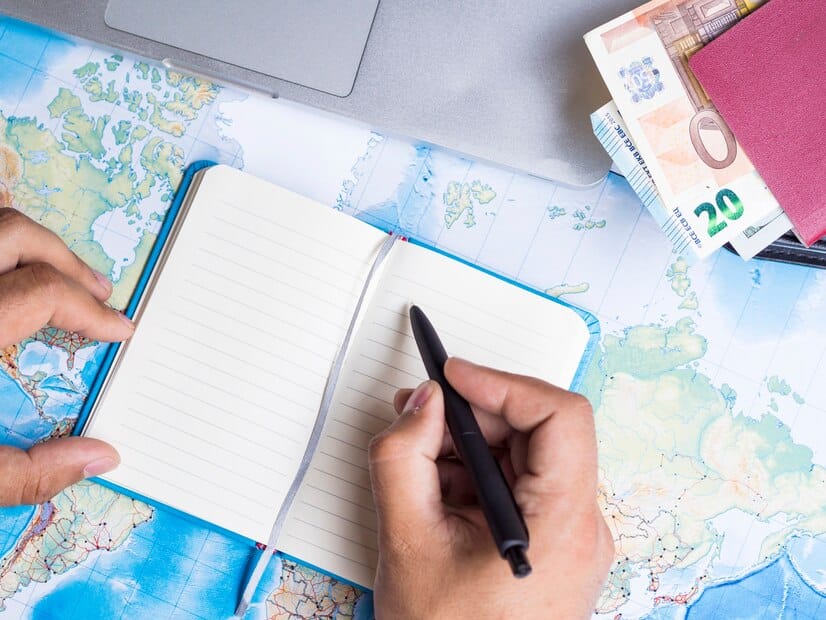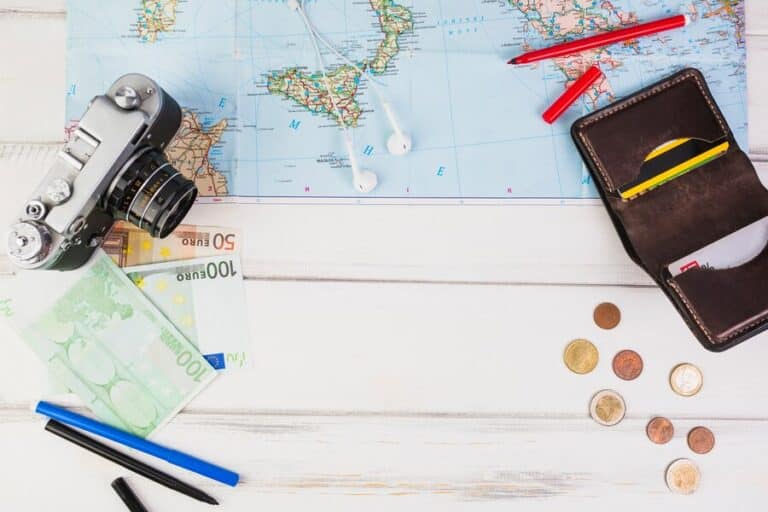Traveling the world on a budget is an exhilarating adventure that allows you to experience diverse cultures, breathtaking landscapes, and unforgettable experiences without draining your bank account. Budget backpacking is not just about saving money; it’s about embracing a lifestyle of exploration and discovery. This article will share essential tips and tricks for budget backpacking, helping you make the most of your travels while keeping costs low.
The Essence of Budget Backpacking

Budget backpacking is a travel style that emphasizes affordability, flexibility, and a willingness to immerse oneself in local cultures. It often involves staying in hostels, using public transportation, and seeking out free or low-cost activities. While it may require some planning and resourcefulness, the rewards are immense—both in terms of experiences and savings.
Tips for Successful Budget Backpacking
1. Choose Affordable Destinations
Selecting budget-friendly destinations is key to minimizing costs. Countries like Vietnam, Thailand, and Portugal offer incredible experiences at a fraction of the price compared to more expensive destinations like Western Europe or North America. Research exchange rates and local prices to find places where your money will stretch further.
2. Plan Your Itinerary Wisely
While spontaneity can lead to great adventures, having a rough itinerary helps you manage your time and budget effectively. Identify must-see attractions and prioritize free or low-cost activities such as hiking, visiting local markets, or exploring historical sites.
3. Use Public Transportation
Public transportation is often the most economical way to get around. Buses, trains, and subways can save you significant amounts compared to taxis or rental cars. In many cities, walking or biking can also be a great way to explore while saving money.
4. Stay in Hostels or Budget Accommodations
Hostels are a staple for budget backpackers, offering affordable lodging with opportunities to meet fellow travelers. Look for hostels with kitchen facilities so you can prepare your meals and save on dining costs. Websites like Hostelworld and Booking.com can help you find great deals.
5. Cook Your Own Meals
Eating out can quickly add up, especially in touristy areas. By cooking your own meals using hostel kitchens or purchasing food from local markets, you can enjoy delicious meals while keeping expenses low. Street food is also a fantastic budget-friendly option that allows you to experience local cuisine without breaking the bank.
6. Take Advantage of Free Activities
Many cities offer free walking tours, museum days, and outdoor festivals that provide enriching experiences without cost. Research free events happening during your stay and take advantage of local parks and natural attractions that don’t require an entrance fee.
7. Pack Light
Traveling with less means more freedom and fewer baggage fees. Invest in a quality backpack that fits comfortably and only pack essentials—think versatile clothing that can be mixed and matched. Remember to include items like a reusable water bottle and portable charger to avoid unnecessary purchases on the road.
8. Use Travel Apps for Deals
Leverage technology by downloading travel apps that help you find discounts on accommodations, flights, and activities. Apps like Skyscanner for flights, Hostelworld for hostels, and Google Maps for navigation can enhance your travel experience while saving you money.
Conclusion
Budget backpacking opens up a world of possibilities for those eager to explore without overspending. By choosing affordable destinations, planning wisely, utilizing public transportation, cooking your own meals, and seeking out free activities, you can embark on incredible adventures without breaking the bank. Embrace the spirit of exploration while being mindful of your budget—your journey awaits!
Frequently Asked Questions
1. What is budget backpacking?
Budget backpacking is a travel style focused on exploring new destinations affordably by staying in hostels, using public transportation, cooking meals, and seeking low-cost activities.
2. How do I choose affordable travel destinations?
Look for countries with lower costs of living such as Southeast Asia (e.g., Vietnam), Eastern Europe (e.g., Poland), or Central America (e.g., Guatemala).
3. What are some tips for packing light?
Choose versatile clothing items that can be layered or mixed; limit yourself to essential toiletries; use packing cubes to organize your bag efficiently.
4. How can I save money on food while traveling?
Cook your own meals when possible using hostel kitchens; eat street food; shop at local markets for fresh produce; avoid tourist traps with inflated prices.
5. Are there any recommended apps for budget travelers?
Yes! Apps like Skyscanner (for flights), Hostelworld (for accommodations), Google Maps (for navigation), and Trail Wallet (for budgeting) are helpful tools.
6. How do I find free activities in new cities?
Research online for free walking tours or community events; visit local tourism websites; check social media platforms for upcoming festivals or gatherings.
7. Is it safe to stay in hostels?
Most hostels are safe places to stay; read reviews before booking, choose those with good security measures (lockers), and trust your instincts.
8. What should I do if I run out of money while traveling?
Have an emergency fund set aside; consider picking up temporary work (like teaching English) or look into volunteering opportunities that provide room and board.
9. How far in advance should I book flights?
For international travel, booking 3-6 months ahead often yields better prices; mid-week flights tend to be cheaper than weekend options.
10. What are some common mistakes to avoid when backpacking?
Avoid overpacking unnecessary items; don’t skip travel insurance; be cautious about relying solely on credit cards without having cash on hand.

